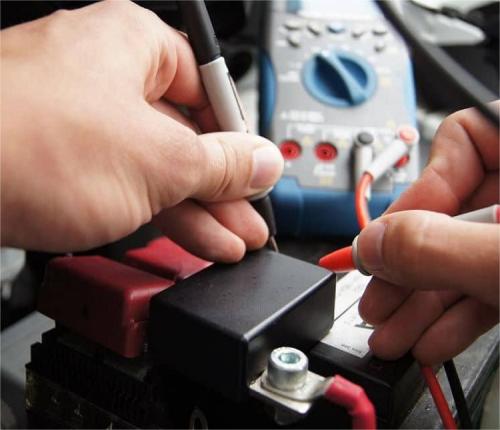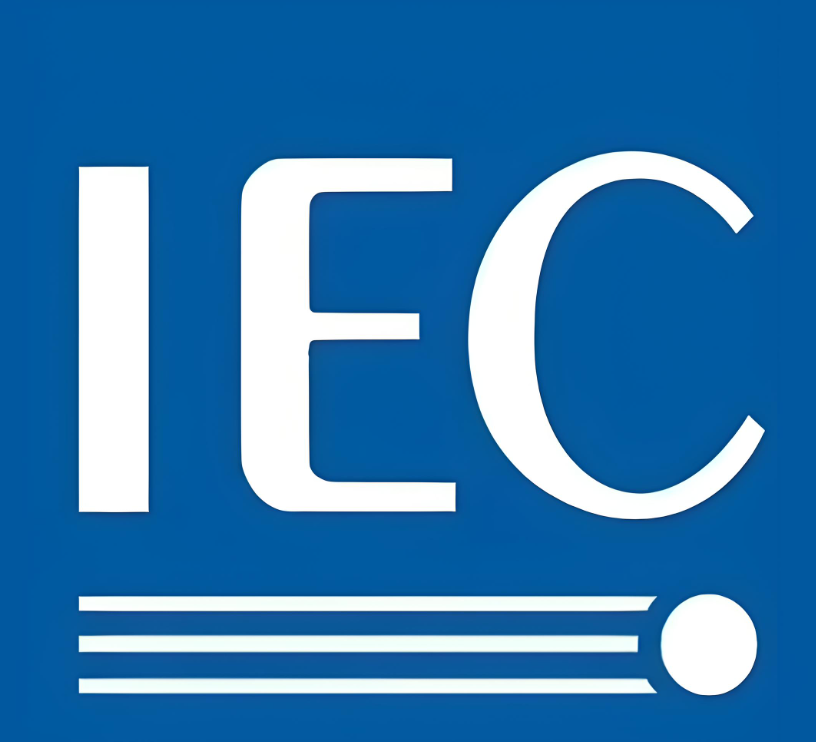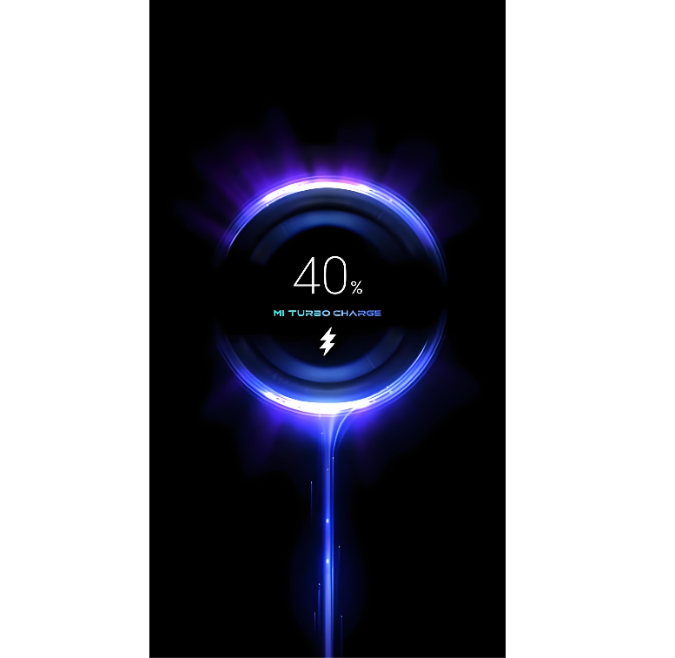Lithium-Ion Battery Care Guide
Choosing the right battery technology is critical to the performance, cost-efficiency, and sustainability of your operations. Two of the most common options in material handling, energy storage, and electric vehicle applications are lithium-ion and lead-acid batteries. While both have their advantages, the best choice depends on your operational needs, budget, and long-term goals.
1. Performance and Energy Efficiency
Lithium-ion: Offers higher energy density, delivering more power in a smaller and lighter package. Consistent performance even when the battery is low on charge.
Lead-acid: Lower energy density, which means heavier weight and larger size for the same capacity. Performance can drop as the battery discharges.
Verdict: Lithium-ion excels in high-performance, high-uptime environments.
2. Charging Speed
Lithium-ion: Supports fast charging and opportunity charging (topping up during short breaks). Can reach 80% charge in under an hour with the right charger.
Lead-acid: Requires 6–8 hours for a full charge, plus cooling time before reuse. Cannot be charged frequently without reducing lifespan.
Verdict: Lithium-ion drastically reduces downtime.
3. Lifespan and Maintenance
Lithium-ion: Lasts 2–4 times longer than lead-acid. Requires virtually no maintenance—no water topping, no equalization charging.
Lead-acid: Typically 1,000–1,500 cycles. Requires regular maintenance, including electrolyte checks and cleaning.
Verdict: Lithium-ion offers better long-term value, despite higher upfront cost.
4. Cost Considerations
Lithium-ion: Higher initial investment but lower total cost of ownership due to reduced energy consumption, maintenance, and replacement frequency.
Lead-acid: Lower upfront cost, making it appealing for operations with low daily usage or limited budgets.
Verdict: Lead-acid can be cost-effective for light-duty, infrequent use; lithium-ion is more economical for high-intensity operations.
5. Environmental Impact
Lithium-ion: Produces zero on-site emissions and is more energy-efficient. Recycling systems are developing rapidly.
Lead-acid: Well-established recycling network, but lower energy efficiency and higher environmental risk if not handled properly.
Conclusion: Which Should You Choose?
If your operation demands high productivity, minimal downtime, and long-term cost savings, lithium-ion is the clear winner. However, for low-intensity or budget-conscious applications, lead-acid remains a viable choice.







